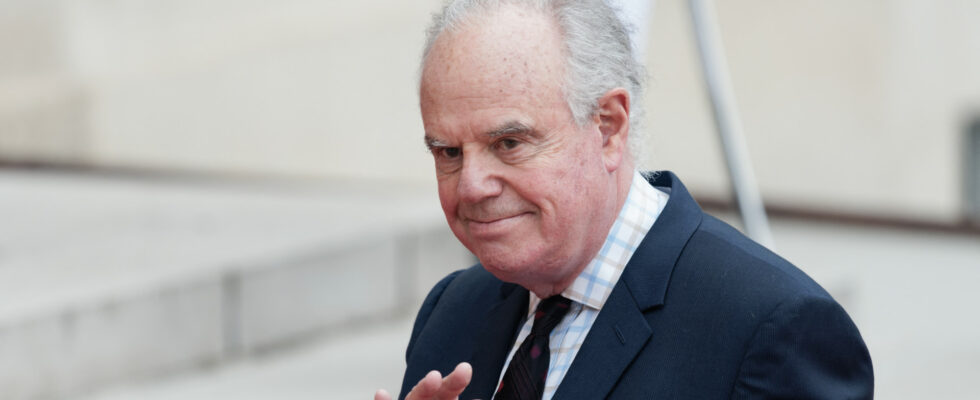Former Minister of Culture and television man Frédéric Mitterrand died Thursday in Paris at the age of 76, after a battle of “several months against aggressive cancer”, his family announced to AFP. Nephew of former president François Mitterrand, minister under Nicolas Sarkozy, this unclassifiable personality, a great film buff, announced in April 2023 that he was “sick”, without saying more.
“The death of Frédéric Mitterrand upsets me. A friendship of more than 60 years linked us with unalterable affection. Throughout his life, he served the arts with passion, erudition and love. Our common loyalty to François Mitterrand united us deeply”, reacted on X (ex-Twitter) Jack Lang, former socialist Minister of Culture.
The death of Frédéric Mitterrand upsets me.
A friendship of more than 60 years linked us with unalterable affection. Throughout his life he served the arts with passion, erudition and love.
Our common loyalty to François Mitterrand united us deeply.
1/2— Jack Lang (@jack_lang) March 21, 2024
Appointed head of the Villa Medici in Rome
Also a writer, Frédéric Mitterrand did not hesitate to confess his “bad life”. In 2005, he told the story of his sexual and paid wanderings in Thailand and the Maghreb. First praised, the book then sparked controversy, forcing him to defend himself from any relationship with minors or any apology for child crime. Born on August 21, 1947 in the beautiful neighborhoods of Paris, Frédéric Mitterrand made a name for himself thanks to the small screen.
“Stars and Canvases” is the name of the first show he hosted on the front page from 1981: there he flamboyantly resurrects the stars, especially the actresses, and dissects the great films. The man instills his cinephilia in the viewer, captivated by this haunting voice, with its recognizable phrasing. Arcom, the media regulator, praised in a press release a “great figure of French culture and an essential personality in French audiovisual”.
Frédéric Mitterrand also appeared on the big screen. At 13, he played the role of Michèle Morgan in “Fortunat”, with Bourvil. He also went behind the camera and notably directed “Lettres d’amour en Somalie” in 1981, written in the first person, and the opera “Madame Butterfly”, filmed in Tunisia in 1995.
Despite his name, he refuses to follow in the footsteps of an uncle he admires. In June 1993, he joined the Movement of Left Radicals (MRG). In May 1995, he supported Jacques Chirac, presidential candidate. Appointed head of the Villa Medici in Rome by President Nicolas Sarkozy in 2008, he returned to Paris a few months later to take over the Ministry of Culture, until the 2012 presidential election, lost by the right. In this position, he notably confronted intermittent workers in the entertainment industry, had the Hadopi law adopted and led major projects, some launched before his arrival: the Mucem in Marseille or the Philharmonie in Paris.
